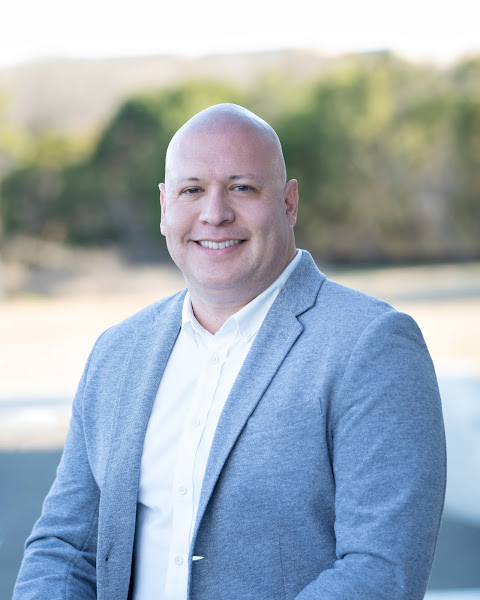Who do I talk to?
Psychotherapy may be with a licensed mental health professional, including a licensed professional counselor (LPC), licensed clinical social worker (LCSW), a psychologist (PhD or PsyD) who has a doctorate degree in mental health, or a psychiatrist (MD, DO) who has medical training specialized in psychiatry. It is important to have a strong rapport with your therapist.
Does Psychotherapy work?
Yes, Psychotherapy is effective for patients. Several studies have shown improvement in symptoms and daily functioning.
How much does Psychotherapy cost?
The cost of therapy is going to depend on insurance coverage and your therapist. Some therapists prefer insurances, while others will take self-pay.
How many sessions of Psychotherapy do you need?
We usually recommend continuous Psychotherapy for at least one year. However, this will depend on the severity of your symptoms, history, and diagnosis. It will be up to your licensed mental health professional who is conducting the Psychotherapy sessions to recommend what will benefit you the most.
Psychotherapy success rate
Studies have shown that patients with combined therapy (both Psychotherapy and medication treatment) were significantly more likely to recover. Thus, making it the preferred and most effective treatment for patients.
Will I need Psychotherapy for the rest of my life?
Patients have different times in their life where their mental illness may be worse than other times. This can include life transitions, grief, relationship conflicts, or family conflicts. We always encourage patients to reach out to a therapist during these times as another tool towards bettering their quality of life.



